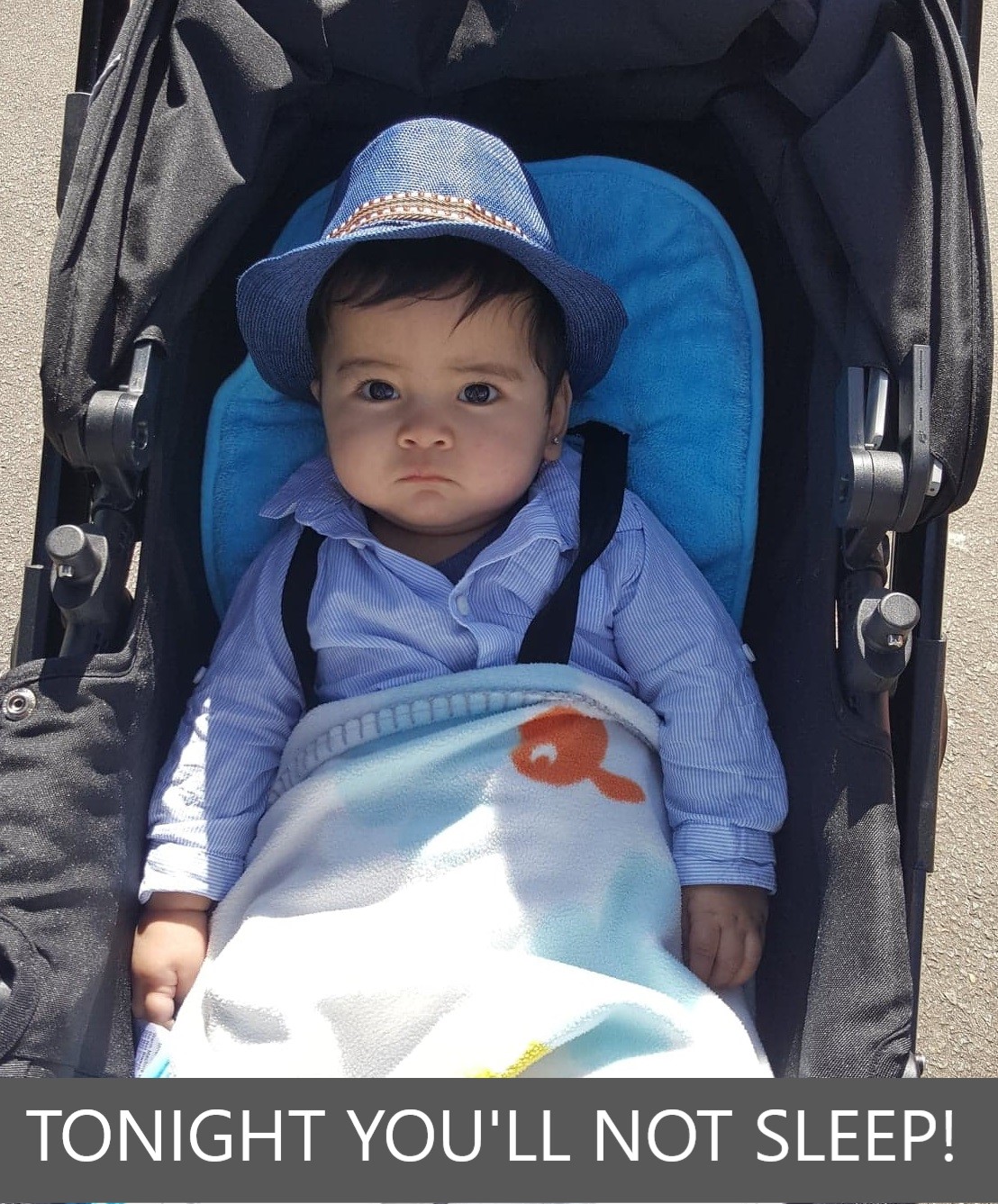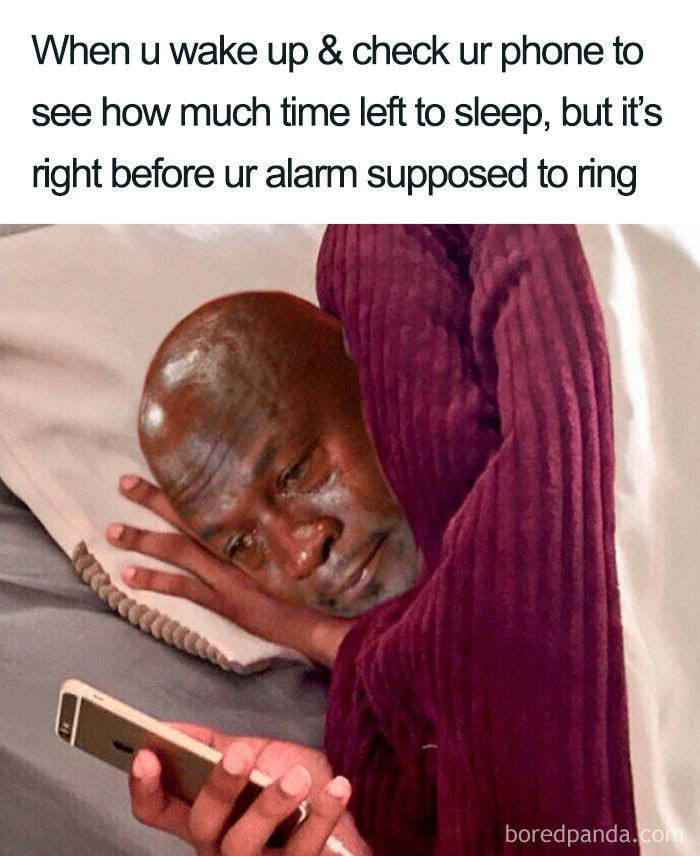

Both these things distract your little one from relaxing down into sleep. Sleep tends to be disrupted during this time as your baby is distracted by physical discomfort, such as teething, or neurological leaps such as learning to roll, pull up or walk. Sleep regressions are always related to progress, your baby is growing physically or neurologically. If you’re stuck on 45 minute naps only, read this article Blissful Baby Naps and Why You’re Not Having Them. What’s important at this age is that your baby is connecting sleep cycles on at least one nap of the day and having at least one nap that is longer than 45 minutes. If your first two naps are an hour or longer, you might be only having 3 naps and that 3rd nap is 30-40 minutes in length. If taking 4 naps, the 4th nap is usually a cat nap of 30-40 minutes. Ideally you’re seeing more 45 minute or longer naps. The longer nap is slowly becoming the 2nd nap of the day. You can read more about 5 month old sleep schedules here,ĥ months is often the transition from 4 naps down to 3 naps which you can read more specifically about here.Īt this age, that long morning nap tends to be shortening up. Naps at 5 months are starting to stabilize and move toward a 3 nap schedule around 6 months. Your 5 Month Old Baby Needs 3-4 hours of Daily Nap Hours.On average, EBF babies are eating once, but I do frequently see some babies sleeping 11 hours without eating. Many formula feed babies will be able to sleep 11 hours without eating. The end goal of my class or coaching is that your average 5 month old is eating 0-1 times in the night assuming good milk supply and proper weight gain. Sometimes they aren’t feeding to sleep but rocking or re-inserting a pacifier throughout the night. When parents come to me for help at 5 months, it’s very common that they are feeding to sleep 2-3 times per night, or more. Your 5 Month Old Baby Needs 11-12 hours of Nighttime Sleep.Most importantly is that overall range of 15 hours of total 24 hour sleep.Most 5 month old needs 3-4 hours of naps.11 hours is more common, while 12 hours is a lovely thing. Most 5 month olds need 11-12 hours of overnight sleep.Here are 3 Things You Need to Know About Your 5 Month Old Sleep. So much change has been happening to your little one and her sleep should be starting to stabilize. Sleep deprivation can disrupt these processes, leading to problems with both short- and long-term memory.By 5 months, your baby has likely doubled her birth weight.

During sleep, your brain is forming connections to help you process and remember new information. You may also have less energy to exercise. Sleep deprivation may put these hormones off-balance, causing you to overindulge. Sleep is associated with the production of two hormones that control your feelings of hunger and fullness: leptin and ghrelin.

Without sufficient sleep, your body's defenses are weakened, meaning you may be at higher risk of contracting viruses like the flu and common cold. When you sleep, your body's immune system is hard at work producing infection-fighting antibodies. This could even escalate into problems with anxiety and depression. You may be quicker to lash out at friends and family members. When you're extremely tired, you may feel irritable, emotional, and temperamental. Lack of sleep hinders reaction times, which can make activities like driving and exercise unsafe.


 0 kommentar(er)
0 kommentar(er)
